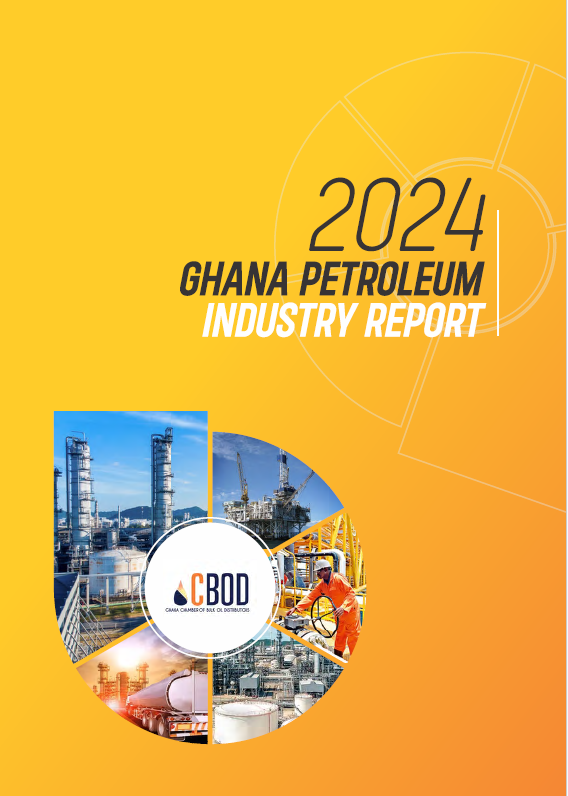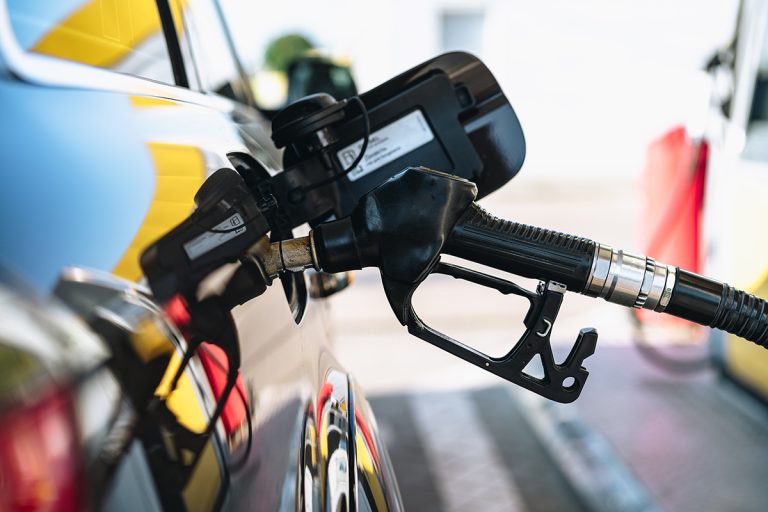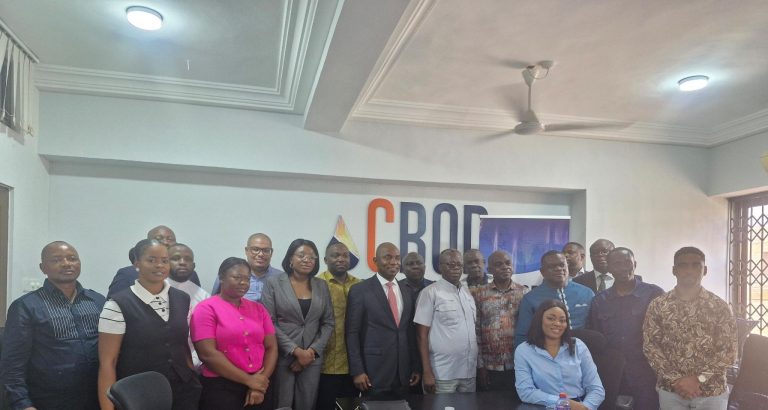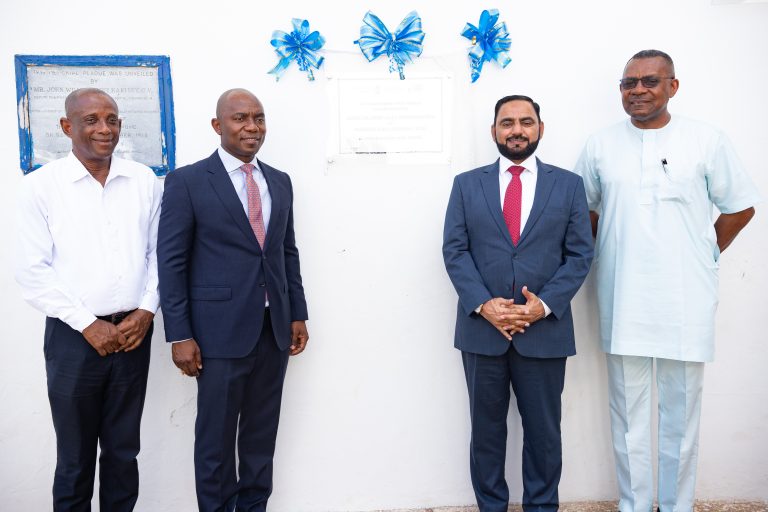The National Petroleum Authority (NPA), has given indications of an increment in prices of LPG products as government prepares to implement the Cylinder Re-circulation policy.
The Chief Executive Officer of the NPA, Hassan Tampuli, who made this revelation when he appeared before the Mines and Energy Committee of Parliament, said the new policy will bring about additional cost in the production and supply of the product.
Giving details on how the cylinder re-circulation project will work and its likely effect on prices of LPG products, Mr. Tampuli said: “Currently the policy directive is that, we should have at most six stations. If we have any explosion it should be at those places and not anybody, so the fear and apprehension that people will be suffering will be abated to a very large extent.
That is what the cylinder re -circulation module is going to achieve. It is going to lead to a little increase in the price, but it is just marginal which is going to take care of the margins for the LPG bottling plant because that is the new addition to the supply chain, and we do this for our safety and we believe that all in all, the policy of LPG cylinder re-circulation should succeed.”
Following the planned introduction of the policy, government has been met with stiff opposition from the LPG Marketers Association and the Association of Gas Tanker Drivers, who insist the move, will negatively impact their businesses.
There have also been concerns from some Ghanaians about the total cost of the end product.
The Public Relations Officer of the LPG Marketers Association, Bernard Owiredu, is one of several individuals who had expressed his outfit’s disquiet over plans to introduce the module.
Mr. Owiredu had indicated that, the current module is targeted at collapsing their businesses, despite their many years of investments in the industry.
The Chamber of Petroleum Consumers (COPEC), also raised concerns about the Cylinder Re-circulation Model of Liquefied Petroleum Gas (LPG) distribution, suggesting it may burden poor Ghanaians.
The Chamber’s Executive Director, Duncan Amoah, noted the inflexibility of the programme and suggested the old system of distribution be employed alongside the new module ordered by President Nana Akufo-Addo.
But the government has said it will engage with all stakeholders to reach a compromise and implement the policy in the interest of the country.
This proposal was among nine cabinet decisions that were taken immediately after the Atomic Junction Gas explosion in Accra, that killed 7 people and injured over 100 others.
NPA inspecting over 600 gas filling stations
Following the crucial cabinet decisions, NPA begun inspecting some 600 LPG filling stations across the country.
The NPA boss told the committee that his outfit which is undertaking the inspection exercise with sector agencies, hopes to finish within the next two weeks.
So far, 299 LPG stations have been inspected with some 43 closed down, and a further 35 earmarked for closure.
NPA to close down 35 more high-risk LPG stations
Mr. Tampuli indicated that, the NPA will close down additional 35 Liquefied Petroleum Gas (LPG) outlets it had identified as high-risk.
“We have marked 35 outlets for close down when the level of their stocks come to manageable levels for us to be able to close down. It is more dangerous to leave the stations with the products that they have than allowing them to sell off and close down.”
“Out of the 299 [LPG filling stations], 132 were in full compliance, and out of the number that we had closed down, we have reopened 34. So if you add the 34 to the ones that we have closed down, it should have been 77, but they have been able to meet the safety protocols so we have reopened them. So we have 43 currently closed down. We’ve been doing this work with the multi-stakeholder committee. The new addition is the Ghana Standards Authority, and together we have been doing some review of the process that we need to put in place to arrest such situations,” he added.
–
Source: Citifmonline.com





